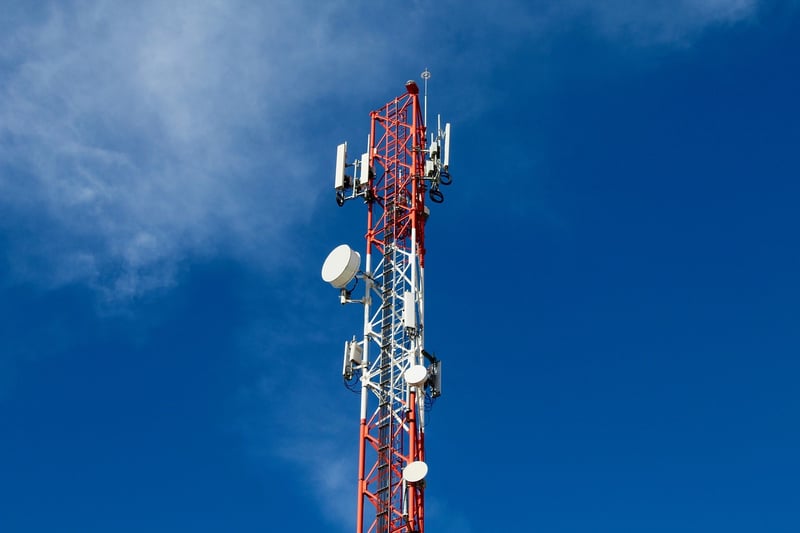Soft Confidences
Exploring Subtle Communications and Soft Confidences
Communication is a vital aspect of human interaction, and while verbal exchanges are common, there exist subtle forms of communication that are equally significant. Soft confidences, in particular, play a crucial role in fostering connections and understanding between individuals.
Understanding Subtle Communications
Subtle communication involves cues and signals that are not explicitly expressed through words. These can include body language, facial expressions, tone of voice, and even gestures. Paying attention to these subtle cues can provide valuable insights into a person's feelings, thoughts, and intentions.

The Power of Soft Confidences
Soft confidences refer to the act of sharing personal thoughts, feelings, and vulnerabilities in a gentle and understated manner. This type of communication creates a sense of trust and intimacy between individuals, allowing for deeper and more meaningful connections.

Benefits of Subtle Communications and Soft Confidences
- Enhanced empathy and understanding
- Strengthened relationships
- Improved emotional intelligence
- Increased trust and intimacy
- Effective conflict resolution
Tips for Embracing Subtle Communications and Soft Confidences
- Practice active listening to pick up on non-verbal cues
- Be open and vulnerable in your own communication
- Respect the privacy and boundaries of others
- Encourage open and honest dialogue
- Be mindful of your tone and body language
By incorporating subtle communications and soft confidences into your interactions, you can create deeper connections, foster understanding, and build meaningful relationships with those around you.
Remember, sometimes the most powerful messages are the ones communicated softly.
